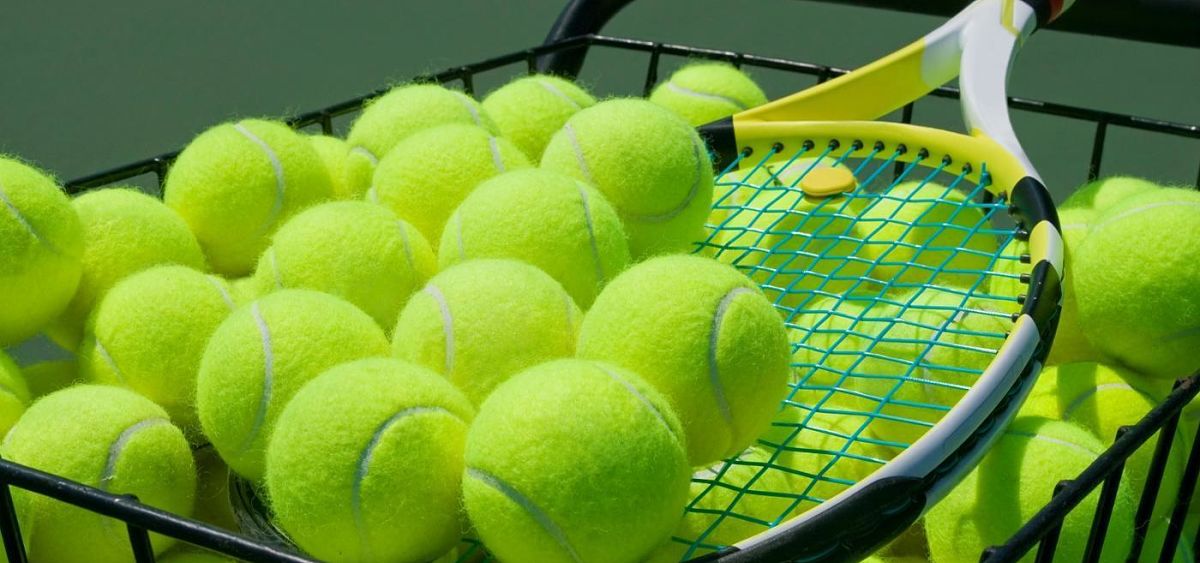Anyone for Tennis?

‘Anyone for tennis?’ Even the simplest of questions can trigger a complex response.
That’s why cultural researchers don’t just ask questions. We also actively listen and observe. And we have to be nimble on our feet to nurture fledging conversations and quickly build rapport.
How are you? is a traditional opener – the conversational equivalent of a tennis serve. As we celebrate the arrival in June of elite tennis players to Devonshire Park, Queen’s Club and Wimbledon we’ve looked at just four types of return you might receive next time you ask someone how they are, along with a suggested response.
• The fast deflector: mutters a speedy ‘fine’, and comes right back at you. Some people don’t want to dwell on how they feel or simply want to get down to business. Make sure you are agile enough to respond.
• The baseline rally maker: happy to share exactly how they are, and may wish to keep the subject going for a long time. This may be a comfortable exchange or a positive release for them. Judge when best to change pace or content.
• The chip and charge: might answer in a way you hadn’t expected and come back with a question that confuses or distracts you. They may have a different agenda to yours, so be open-minded, but retain focus.
• Into the net: perhaps the person wasn’t ready for your question, or maybe they can’t find the words to answer, because they aren’t on top form. Be gentle and consider a different opener or approach.
Of course positive conversations aren’t about scoring points, which is where we depart from the world of competitive tennis. To be a cultural researcher, we suggest you aim to be an encouraging coach, rather than a combative opponent.

